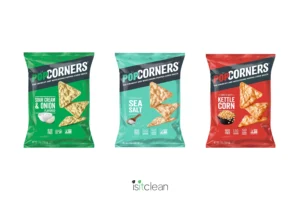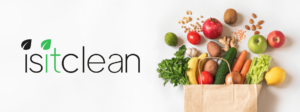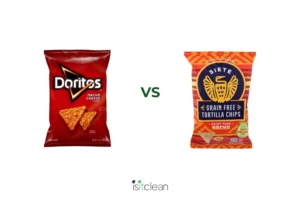
Acesulfame potassium is a zero-calorie sweetener that is added to many sugar-free…



Niacin, also known as vitamin B3 or nicotinic acid, is a water-soluble B vitamin that plays a crucial role in various bodily processes, including energy metabolism and DNA repair. As a food additive, niacin is often used to enrich and fortify foods with essential nutrients that may be lost during processing. It’s commonly added to foods like breakfast cereals, bread, and other processed foods to ensure that consumers receive adequate amounts of it from their diet. Niacin can be produced through chemical synthesis or extracted from natural sources, such as yeast, and then purified for use in food products.

Niacin is an essential nutrient for humans, and the addition of it to foods can help prevent subclinical deficiency and pellagra. However, consuming primarily whole foods over processed foods can supply adequate levels of niacin without synthetic fortification.
Health is like a bank account, certain ingredients make a deposit into your health bank, meaning they add to
your health. Certain ingredients withdraw from your health bank. We want health promoting ingredients in our diet. To keep things simple, we rate ingredients on a green, yellow, red scale:

It is naturally occurring in food and has no harmful effects on the body. It is real food. It is health promoting.

It goes into one or more of the below categories

It is known to have a harmful effect on the body (ex. All food colorings, Natural Flavors, MSG, Potassium bromate, aspartame, artificial flavors)



The Food Showdown: Popcorners flavors
Ingredient Rating: Canola oil – is it bad for you?
Clean Consuming: Nourishment for your

We have accomplished so much in just 1 year since our launch in March of 2023! We now have 10,000

The Nacho Chip Food Showdown, is Tapioca Starch safe in food? and a must-see documentary on America’s food system.
Stay in the know with the latest ratings, articles, and our newsletter, The Dirt.